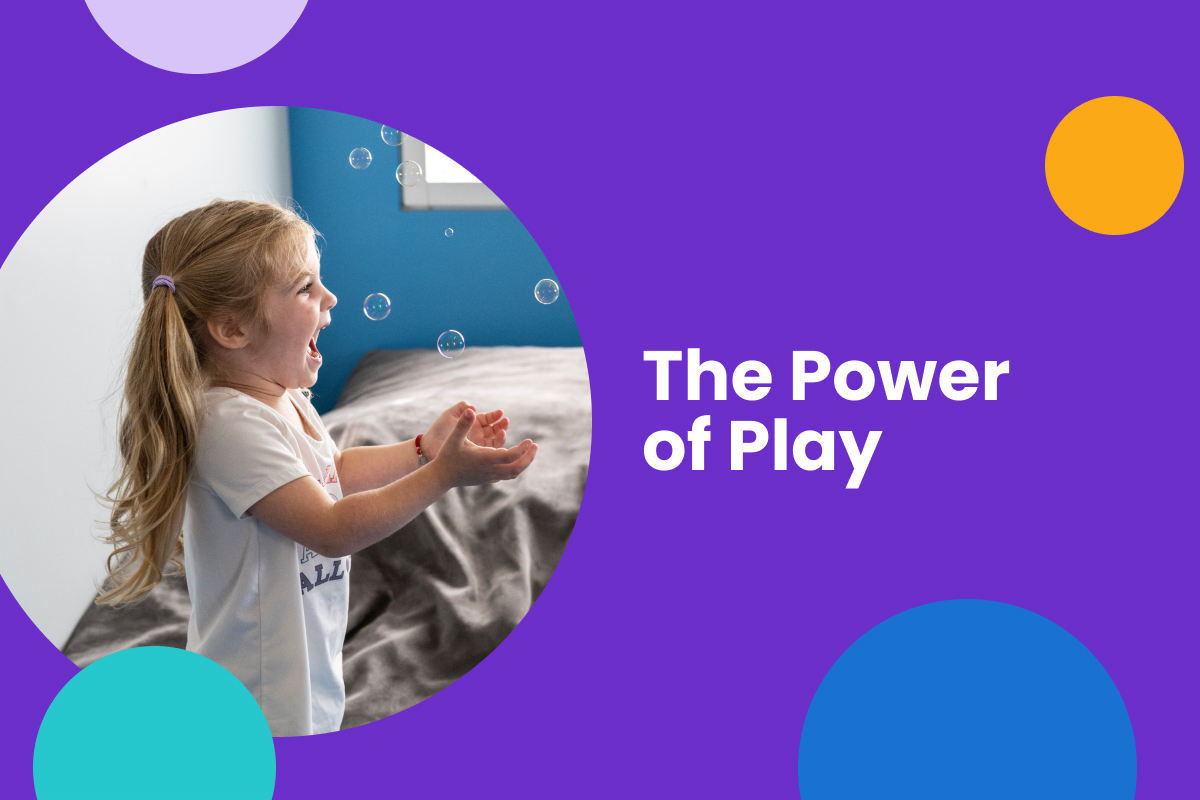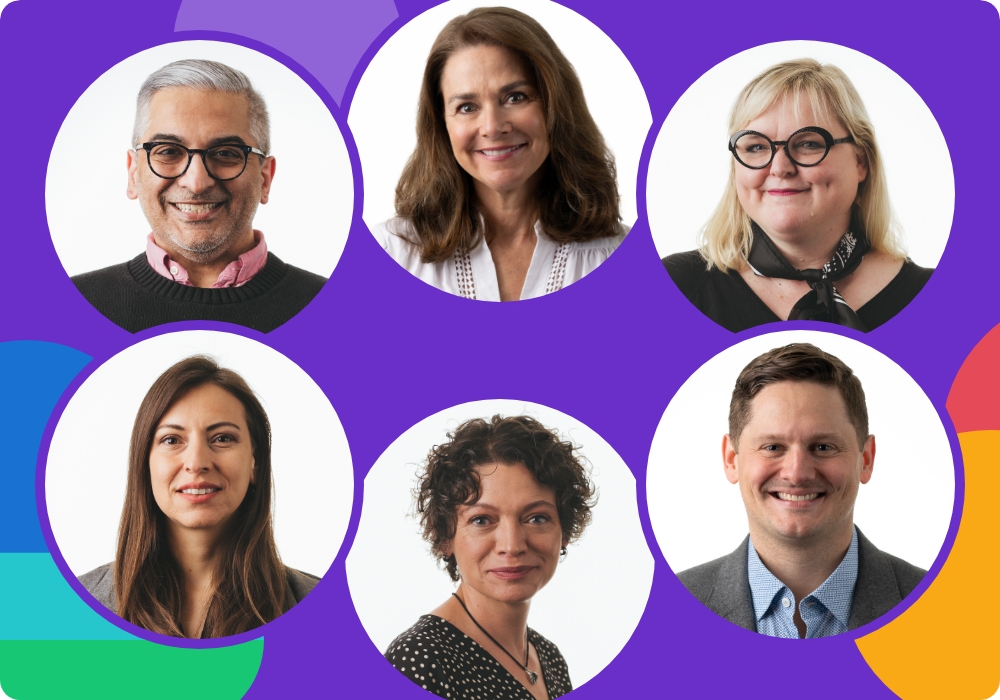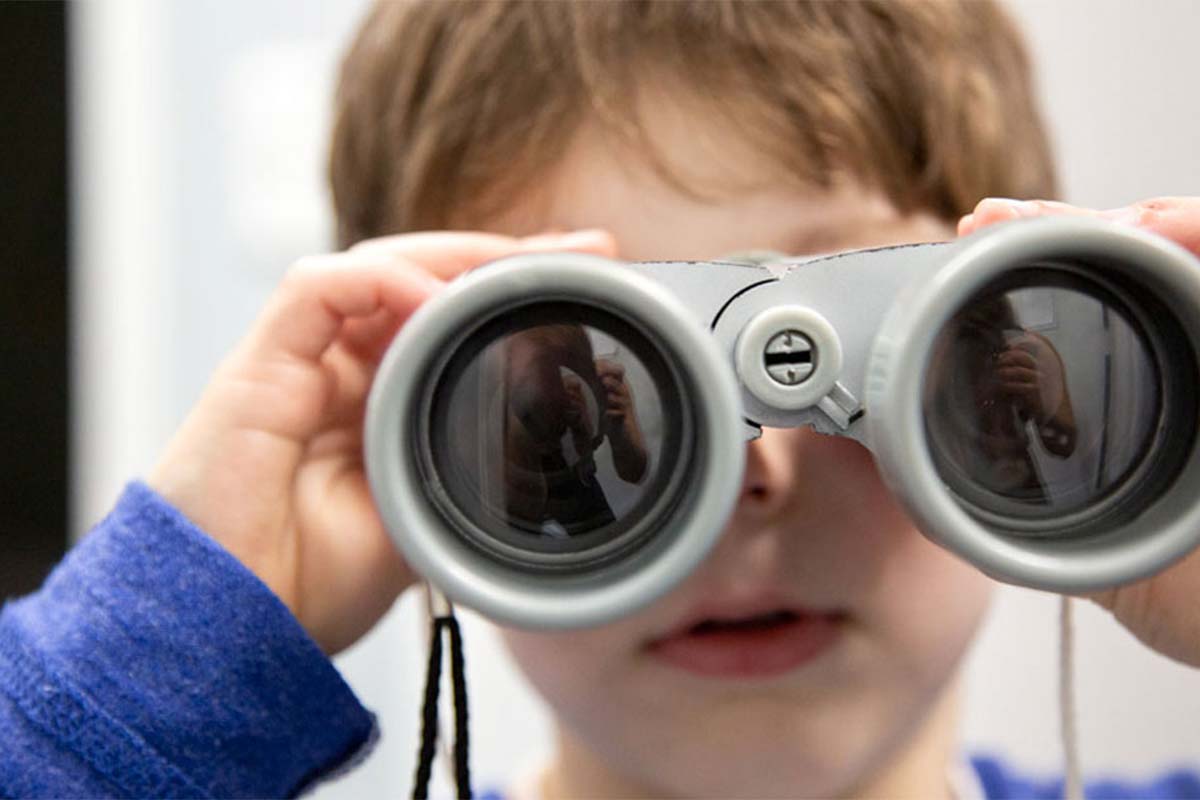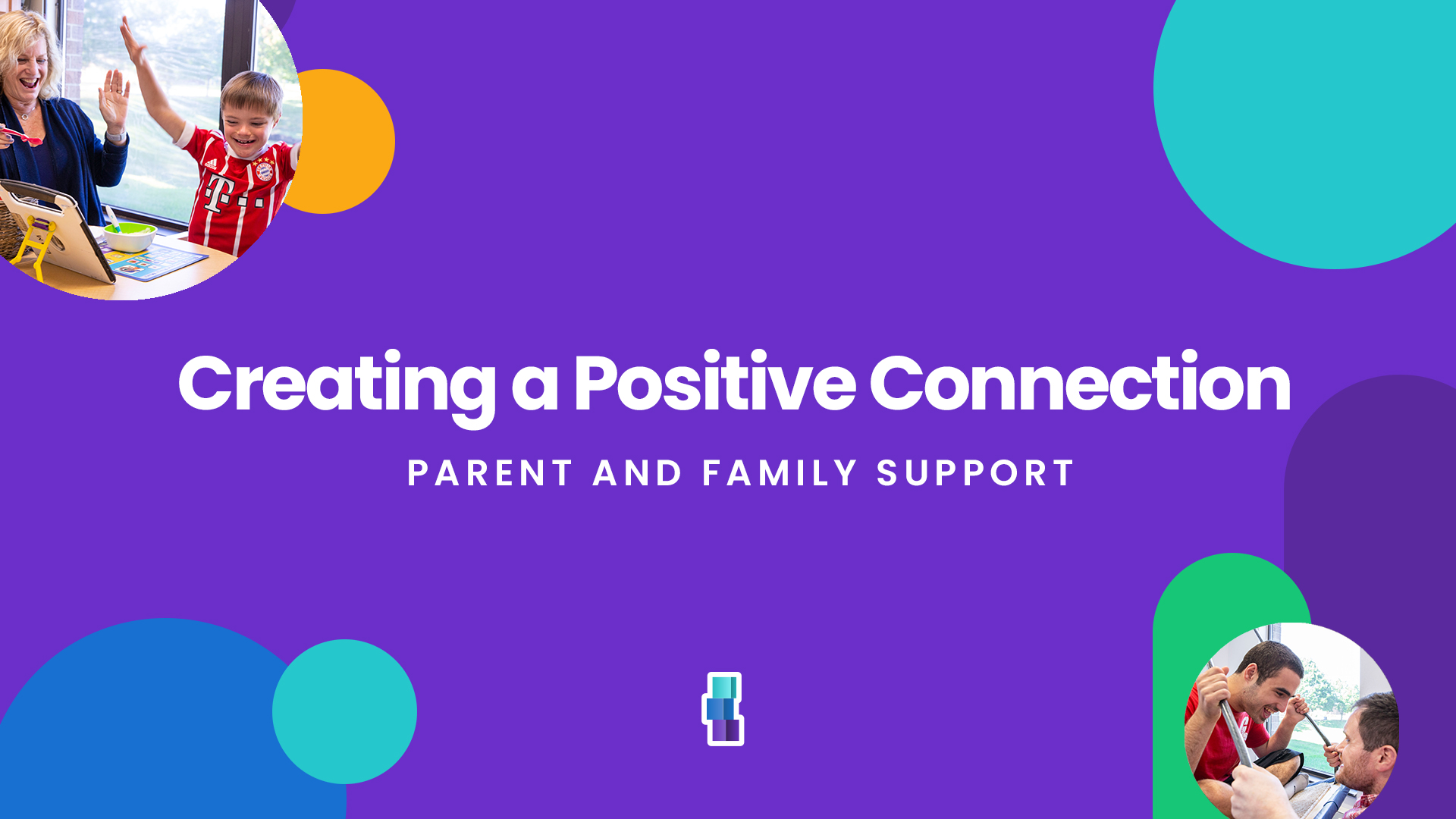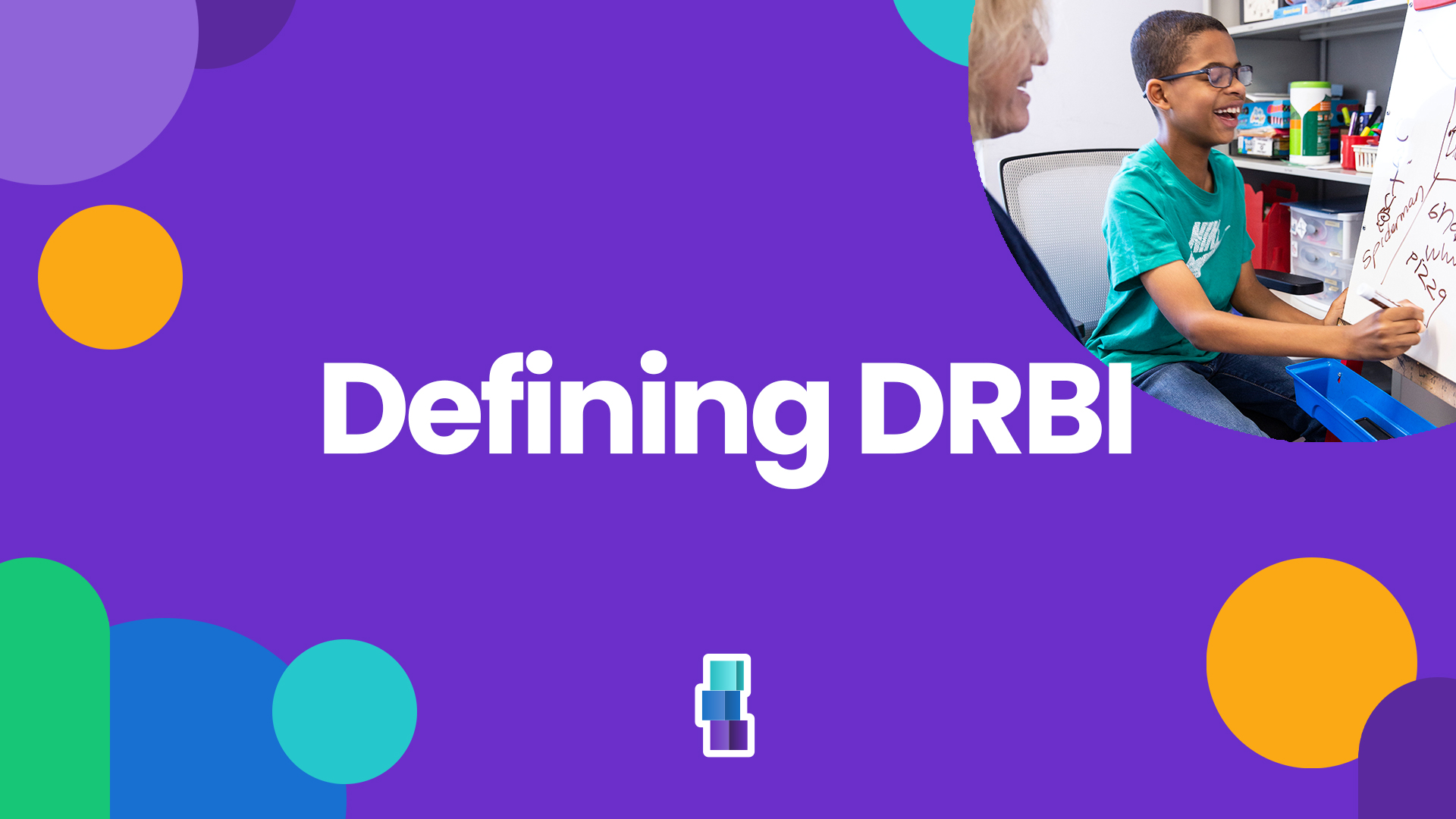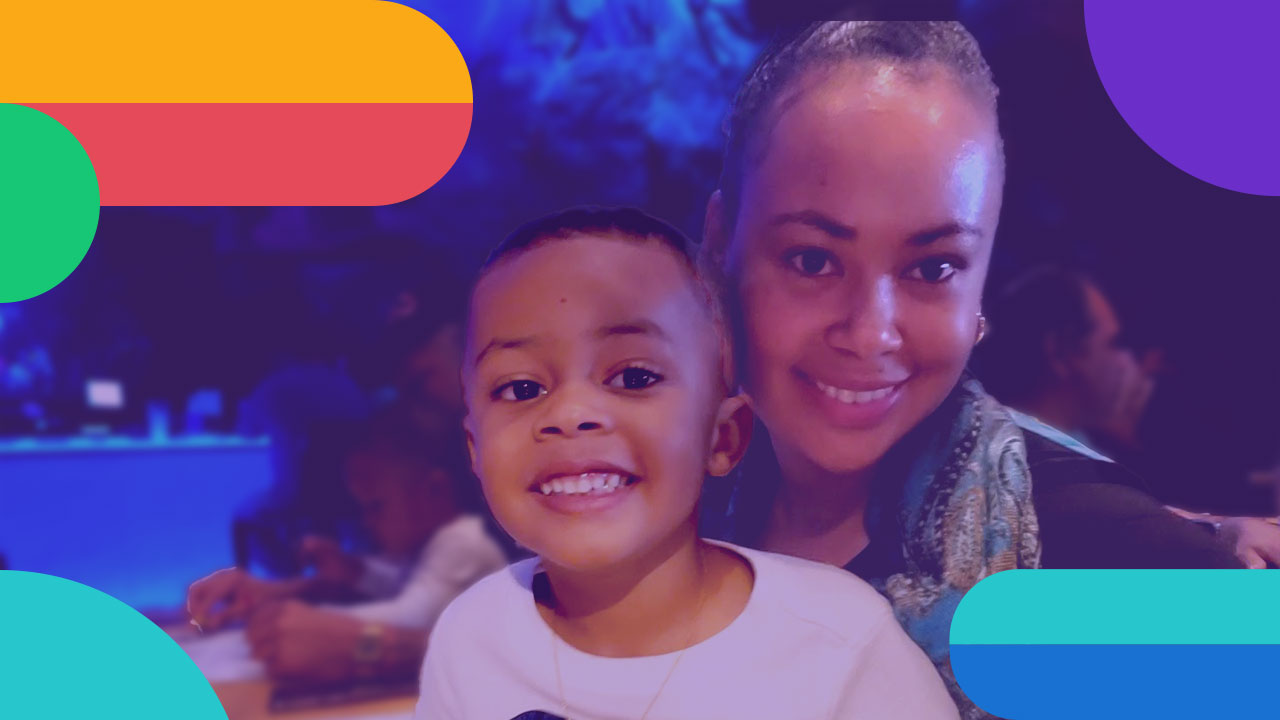
“We have these connected family moments now that we couldn't have before.”
Before Pascale found Positive Development as a therapeutic option for her son AJ, he was in speech and occupational therapy for 30-minute blocks. However, she found he wasn’t progressing much with such short therapy sessions. Looking for something more, AJ’s pediatric neurologist suggested Positive Development.
We spoke with Pascale to learn more about how the play therapy that’s foundational in the Developmental Relationship-Based Intervention (DRBI) model has helped AJ become more social and connected with his loved ones. Interview edited for clarity and brevity.
What was therapy for AJ like before Positive Development?
AJ was taking speech and OT (occupational therapy). The blocks were 30-minute blocks and it just felt like it wasn't enough. We felt like he needed a little bit more help because he was so behind in a lot of areas. He had difficulty with auditory processing. There were times I would speak to him and it was obvious that he didn't really understand what I was saying, [so he would just] echo back what I was saying to him.
I really wanted him to understand. I felt like he was in his world and didn't really understand what was going on around him. Also I wanted to understand him [better]. He would communicate things to me and I didn't understand what he was trying to say to me. And that was so hard.
It kind of broke my heart because, yes, he made steps forward, but at the same time he was so far behind. He wasn't interested in socializing. It was uncomfortable for him, and I didn't like seeing him that way.
How did you find out about Positive Development?
We spoke to our pediatric neurologist, who also is really amazing. He told us about Positive Development, so we decided to try it. I knew that Positive Development wouldn't push him to do something that he's uncomfortable with.
What does AJ like about working with Positive Development?
They work at his level and his comfort. It was like “Oh, look at this. Are you interested? No? That’s fine.” But once he was ready, it was so incredible to see how he could try something once and he did so well. Why? Because he’s learning at his pace. He isn't pushed.
He loves going to this therapy. For him, it's like, “Yeah, let's go see [Developmental Client Coach] Richie. Let's go play.” For him, it's not therapy, it's not work. It's like saying, “Hey, do you wanna go to the park? Hey, do you wanna go to the playground?”
What areas has Positive Development helped with?
It is play therapy, but it's so much more than just play therapy because [the team is] looking at all areas of development. Through play, you really do hit all of those areas: higher-level thinking, communication, fine motor skills. When you’re playing, you can really hit all of those things in a fun way that makes them want to do it and makes them want to do more.
A lot of autistic kids, they don't necessarily understand certain feelings. So [during developmental therapy,] we get really exaggerated, really big, and then he gets it. He understands and he feels good because he understands. They know when they’re confused. When he was confused [before], he just had this look of defeat.
But [now] when we're playing with him, we're teaching him through our gestures, our affect, and he gets it and he's so happy. Then he stretches things and he makes things grow, and he has storylines. To watch him make up an entire story, it's amazing. It’s like, whoa, you are not the same kid.
He’s happy. He's playing. He's building relationships and bonds. He used to be addicted to his tablet. Now he's addicted to forming those social bonds.
How has Positive Development helped AJ be more social?
He wants to be with his brother. He wants to be around me, his grandmother, his father. He wants to play. We'll go to the gym or somewhere with other kids and he'll go up to them and say, “Hi friends.” The fact that he craves that social bond—that’s enormous. He got a taste of it. He loves it. He realizes that he can do it. He's good at it and he seeks it with other children.
When moments like that happen, it's really nice to have the Positive Development community because other people with neurotypical kids, they might not understand how big some of the milestones are. But I can speak to Dr. Lina [Clinical Director, FL] for us or Richie and say, “AJ did this over the weekend!” “And they're so excited because they get it. They understand what he had to go through and what he had to overcome to get to that place.
The community is amazing. I wasn't expecting love from therapy, but man, there is so much love. So it really is just beautiful.
How have these advancements impacted your entire family?
Everyone has benefited from it. We have these connected family moments now that we couldn't have before because there was a disconnect. So both of my kids are happier. Our whole family, we're happier, we're more connected. We're just all better because of Positive Development and Richie and Dr. Lina.
How has Positive Development helped you as a parent?
I know this therapy was for my son, but it has been so therapeutic for me. I learned how to be the kind of mom he needs. I learned to be his safe space. A connection between us just grew. He wanted to be around me all the time and I wasn't expecting that. Maybe I should have been looking for that, and I didn't even know to look for it. But it was so necessary and I'm so grateful for it.


.png)
